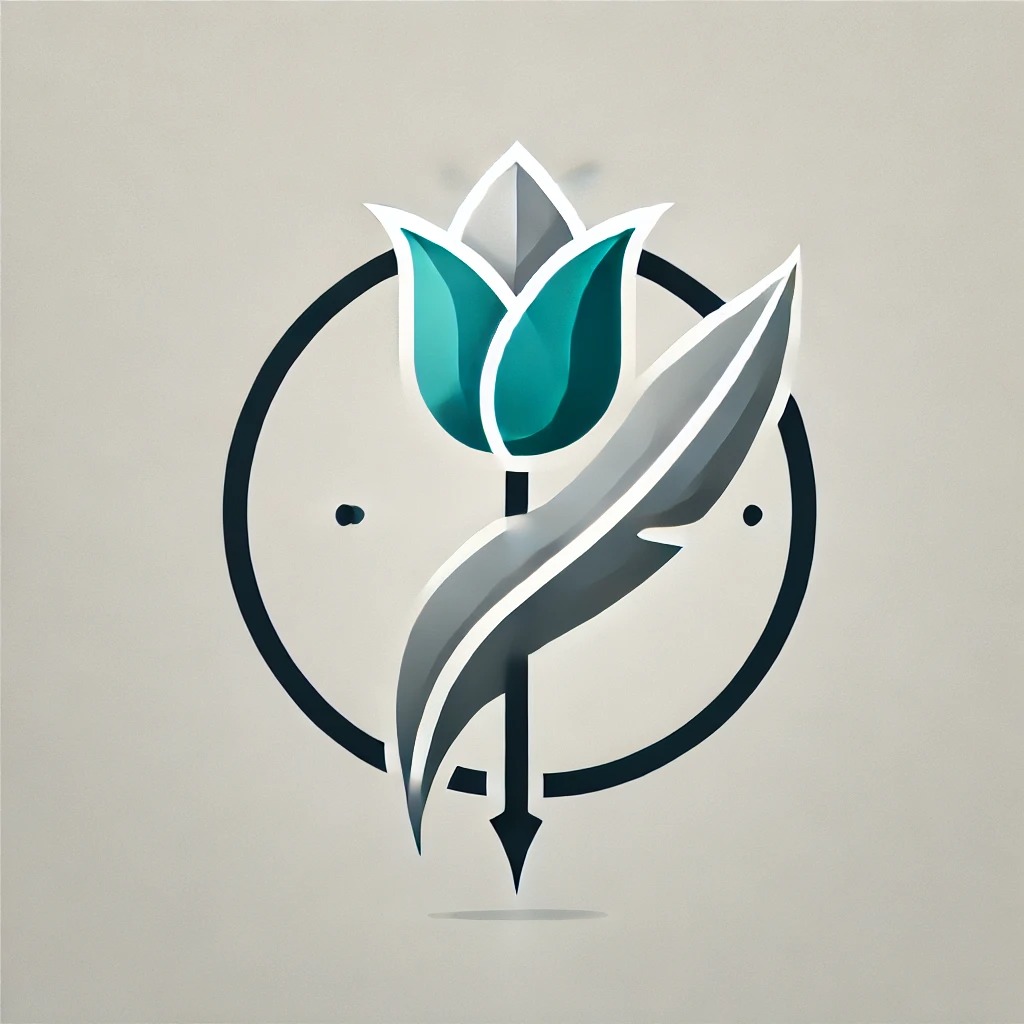
Sultan (Cahit ZARİFOĞLU)
Original Version
Coordinator/ Human Translation
Machine Translation (Google Translate)
SULTAN
Seçkin bir kimse değilim
İsmimin baş harfleri acz tutuyor
Bağışlamanı dilerim
Sana zorsa bırak yanayım
Kolaysa esirgeme
Hayat bir boş rüyaymış
Geçen ibadetler özürlü
Eski günahlar dipdiri
Seçkin bir kimse değilim
İsmimin baş harflerinde kimliğim
Bağışlanmamı dilerim
Sana zorsa yanmaya razıyım
Kolaysa affı esirgeme
Hayat boş geçti
Geri kalan korkulu
Her adımım dolu olsa
İşe yaramaz katında
Biliyorum
Bağışlanmamı diliyorum
SULTAN
I’m not an elite person,
My initials spell out weakness. I wish to be forgiven.
If it’s tough for you, let me burn,
If it’s easy, don’t hold back mercy.
Life is just an empty dream,
Past devotions are flawed,
Old sins are still alive.
I’m not an elite person,
My initials spell out weakness. I wish to be forgiven.
If it’s tough for you, let me burn,
If it’s easy, don’t hold back mercy.
Life passed emptily,
The rest is fearful,
Every step is laden,
But it’s worthless in your court,
I know,
I wish to be forgiven.
SULTAN
I’m not a distinguished person
The initials of my name are incapacitating
I ask your forgiveness
If it’s hard for you, let me burn
If it’s easy, don’t withhold
Life is just an empty dream
Past prayers are disabled
Old sins are alive
I’m not a distinguished person
My identity in the initials of my name
I ask forgiveness
I’m willing to burn if it’s hard for you
Don’t forgive if it’s easy
Life wasted
The rest is fearful
If every step is full
On the useless floor
I know
I ask forgiveness
Critical Reading and Analysis: Çıraklı “A Modest Proposal for Critical Reading”
Cahit Zarifoğlu, a renowned Turkish poet, essayist, and philosopher, was prominently recognised for his distinctive and mysterious writing style. He was born in Turkey, and encountered several personal obstacles throughout his life, including health issues. Sufism, a form of Islamic mysticism, has significantly impacted his art, which frequently reflects subject matter such as spiritual contemplation, love, and the human condition.
1st Aspect: TEXT-HISTORY 1.1. Context (History): 1.1.1.a. Historical and Authorial Background (Context the work [was] written) Cahit Zarifoğlu, a renowned Turkish poet, essayist, and philosopher, was prominently recognised for his distinctive and mysterious writing style. He was born in Turkey, and encountered several personal obstacles throughout his life, including health issues. Sufism, a form of Islamic mysticism, has significantly impacted his art, which frequently reflects subject matter such as spiritual contemplation, love, and the human condition. 1.2. Text (Persona): 1.1.1.b. Setting and Storyworld created in the text) Traditional narrative specifics regarding a setting or storyworld are absent from the poem. Instead, the poetry expresses the speaker's ideas, feelings, and musings about spirituality and a higher power. However, we can assume that the poetry may suggest a philosophical or spiritual environment. The speaker seems to be addressing God and expressing humility, surrender, and a wish for pardon. It is contemplative and introspective, with the speaker contemplating life, their flaws, and redemption.
1960 Kuşağı – Generation 1960
Equilibrium (awareness of his own limitations and a desire for a connection with the divine) → Disruption (disruption in the perceived meaning or purpose of life) → Recognition (expressing a sincere desire for forgiveness) → Attempt to repair the damage (expressing a sincere desire for forgiveness) → New equilibrium (plea for forgiveness and the willingness to submit to divine will)
Humility and Inadequacy: The speaker constantly acknowledges their flaws, beginning with the line, "Seçkin bir kimse değilim" (I am not a distinguished person). This humility is central to the speaker’s psychology, as they perceive themselves as unworthy and in need of grace. Desire for Forgiveness: The speaker’s repeated plea for forgiveness underscores a deep emotional need for absolution. The phrase "Bağışlanmamı dilerim" (I ask for forgiveness) reflects a persistent and almost desperate desire to be absolved of past sins
-Life – Dream (“Life is just an empty dream”) -Worship – Sin (“Life is just an empty dream”)





